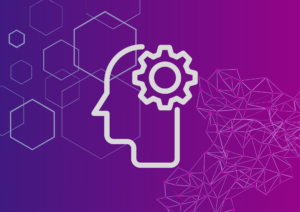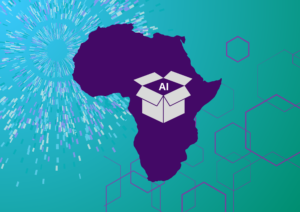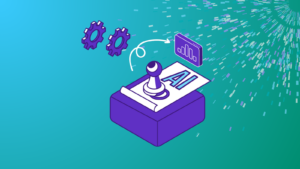Contextualising the events
The high-level conference on the “Risks and Opportunities of AI for Children,” convened by the Pontifical Academy of Sciences at the Vatican, and UNICEF’s expert workshop on data governance for educational technologies (EdTech) in Florence, took place in Italy in March 2025. These two gatherings brought together global experts, policymakers, civil society organizations, academics, youth advocates, philanthropists and technologists to address the complex challenges and opportunities that AI and data-driven technologies present for children and young people. From safeguarding children’s rights in a digital age to building responsible data ecosystems in education, the discussions emphasized the urgency of collaborative and inclusive governance approaches.
The events coincided with the conclusion of the Youth4OurDataFuture project, led by Mariana Rozo-Paz, Policy, Research and Project Management Lead at the Datasphere Initiative. The project’s final report, the Youth4Data Lab Toolkit, was launched during that same week, drawing from over a year of youth engagement around the world to inform more inclusive data and AI policies. Mariana attended both events to share findings from the project and highlight the importance of youth participation, agile governance mechanisms, and values-driven decision-making in shaping a digital future that works for all. This blog captures her key reflections.
New Voices
For too long, youth voices have been sidelined in decisions that shape the world we will inherit. We’ve often been told, explicitly or subtly, that we are too young, too emotional, or too idealistic to meaningfully contribute to high-level conversations. And yet, just a few weeks ago, I stood at the Vatican, addressing a global audience on the future of AI and children’s rights, immediately after Queen Silvia of Sweden and Cardinal Pietro Parolin. That moment wasn’t just symbolic; it was a powerful reminder that young people are not only ready to lead, we are already doing so.
When youth are included meaningfully, we bring clarity, urgency, and courage to the table. We ask the uncomfortable but necessary questions, like: Who here has lost sleep thinking about what AI could mean for the next generation? At the Vatican, I asked that out loud. Dozens of hands went up.
Young people are already living the consequences of today’s digital decisions, particularly those of us who are female, from the Global South, or part of marginalized communities. The risks are real: cyberbullying, digital addiction, exposure to harmful content, and the erosion of critical thinking. But focusing on fear alone leads to inaction. We need pathways forward. We need youth-led perspectives. We need tools to co-create solutions.
That’s what the Youth4Data Lab Toolkit is all about. Designed by and for young people, it equips us to navigate, critique, and shape the systems that govern our digital lives. Because true participation means more than being invited into the room, it means being prepared and empowered to redesign it.
New Tools
One message echoed across both the Vatican and UNICEF’s workshop in Florence: 20th-century policy tools are no longer fit for purpose in a 21st-century world.
To tackle today’s challenges—especially those shaped by rapidly evolving AI and EdTech systems—we need governance mechanisms that are more adaptive, inclusive, and iterative. Traditional models of policymaking, marked by top-down regulation and behind-closed-doors negotiations, are falling short. The scale and speed of digital transformation demand new approaches.
Innovative tools such as sandboxes, youth labs, and community-driven design sprints offer fresh ways to test ideas, iterate quickly, and build trust. These mechanisms allow us to move from reaction to experimentation, from exclusion to collaboration. They create space for different actors, especially those historically underrepresented, to engage meaningfully in shaping the digital future.
Ultimately, we need tools that are not just technically robust, but socially grounded. Tools that reflect the complexity of people’s lived experiences and allow us to co-create solutions that are bold, adaptive, and anchored in rights-based values.
New Mindsets
If new voices and tools are the “what” and “how,” a mindset shift is the “why.” And that shift begins with embracing experimentation, creativity, and radical collaboration.
Being in the Vatican reminded me that hope is not wishful thinking—it’s a strategy. It invites us to reimagine what’s possible, even when the risks feel overwhelming. When conversations about AI and children are driven only by fear, we retreat. But when we approach them with hope, grounded in evidence and guided by values, we open up new pathways for action.
This is the mindset we need: one that sees uncertainty not as a barrier, but as an invitation to experiment. One that allows us to bring new voices and new tools together to craft solutions we hadn’t previously imagined. A mindset that centers co-creation over control, creativity over compliance, and futures-thinking over short-term fixes.
At both global events, I witnessed how transformative it is when young people are not just consulted but invited to lead, with our full complexity—our doubts, our dreams, our contradictions. This isn’t about blind optimism. It’s about building the courage to act, together, across generations, with humility and imagination.
Because the digital future is not predetermined. It’s ours to design.





